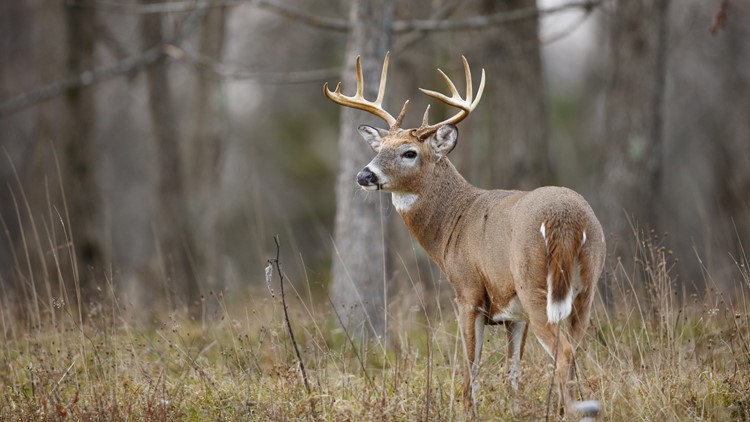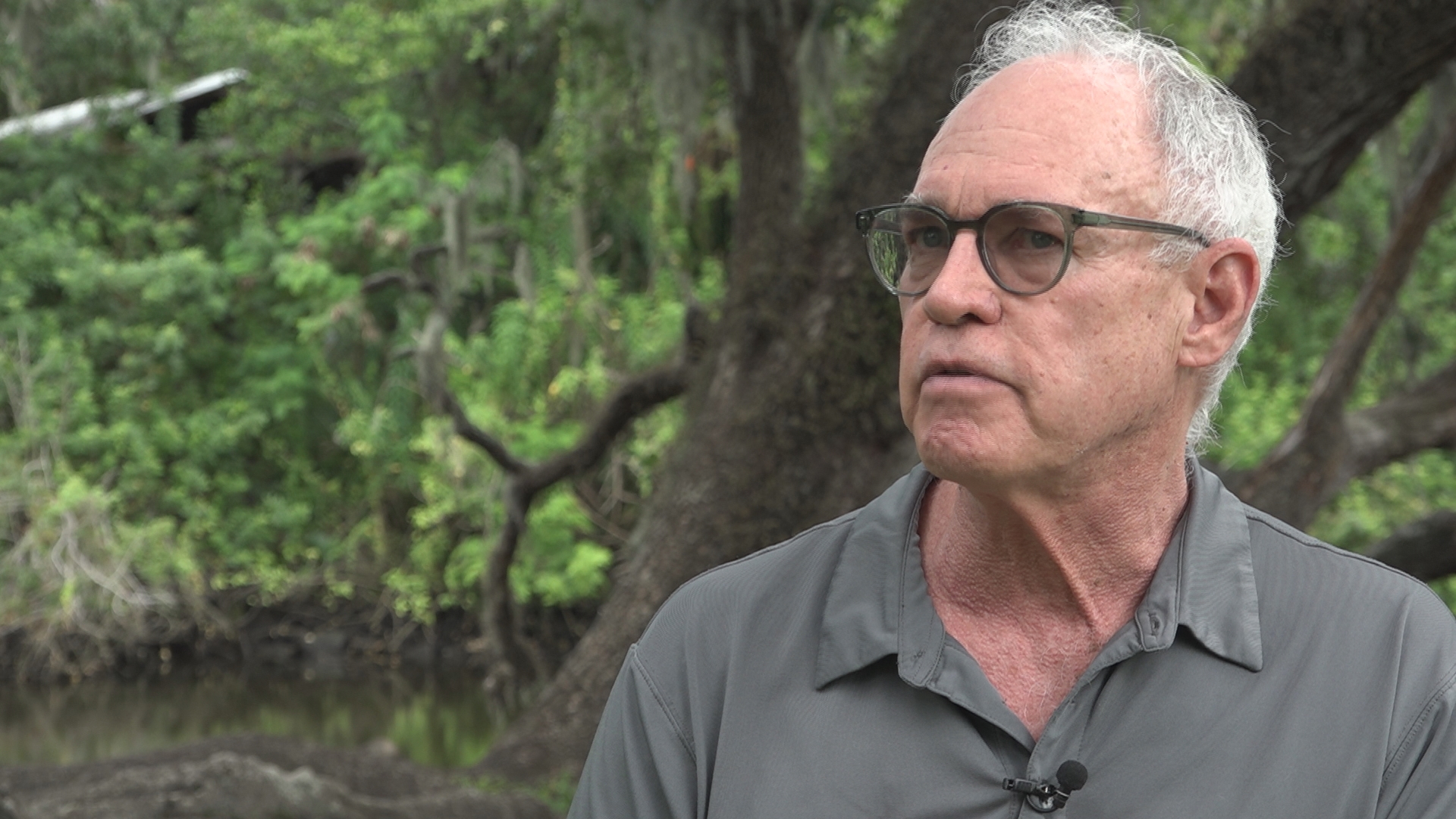IOWA, USA — Researchers studying hundreds of white-tailed deer infected with COVID-19 in Iowa reportedly have found "the animals probably are contracting the virus from humans and then rapidly spreading it among one another."
This new study reports up to 80 percent of deer sampled from April 2020 throughout January 2021 in the state were infected, according to The New York Times.
Scientists say the findings pose "worrisome implications for the spread of the coronavirus, although they were not able to identify the deer might have contracted the virus from humans," the newspaper reports.
The New York Post explains the samples used in the study came from both roadkill and deer felled by hunters. The animal's lymph nodes showed a genomic sequencing that hinted the virus actually traveled through humans before infecting the deer.
“There is no reason to believe that the same thing isn’t happening in other states where deer are present,” a veterinary microbiologist who helped lead the Penn State study Dr. Vivek Kapur said to The New York Times.
There is no evidence showing deer have passed the virus back to humans, and how the virus is passed from people to deer is not entirely clear as of now.
The Times reports COVID-19 can "spread when people feed deer in their backyard, through sewage discharges or maybe when an animal licks a splotch of chewing tobacco left behind by an infected hunter."
“Perhaps it doesn’t take much of a loading dose to get deer infected,” Iowa’s state wildlife veterinarian and an author of the study Rachel Ruden told The Times. “But either way, all of this is a striking example that we’re all in this pandemic together.”
RELATED: Florida panthers, skunks and primates among 1st to get vaccinated against COVID at ZooTampa
The U.S. Department of Agriculture’s Animal and Plant Health Inspection Service released a survey in August that showed a high level of antibodies in deer throughout a number of states, the New York Post reports. On the other hand, this new report confirms infection.
“It was effectively showing up in all parts of the state,” Penn State research Dr. Suresh Kuchipudi said to The Times. “We were dumbfounded.”
The Times reports the findings were verified on Tuesday by federal scientists at the National Veterinary Services Laboratories.
Researchers and Iowa wildlife leaders are now warning deer hunters and other animal handlers to take "extreme precautions" when it comes to animals in nature.
Hunters and animal handlers are being told to follow these steps to stay safe:
- Wear rubber gloves and perhaps a mask when field dressing and processing.
- Sanitize hands and instruments after dressing.
- Put carcass remains in bags before disposing of them in the trash.
Health leaders reportedly say eating cooked version is only a little risk as long as the meat reaches an internal temperature of 165 degrees Fahrenheit.



